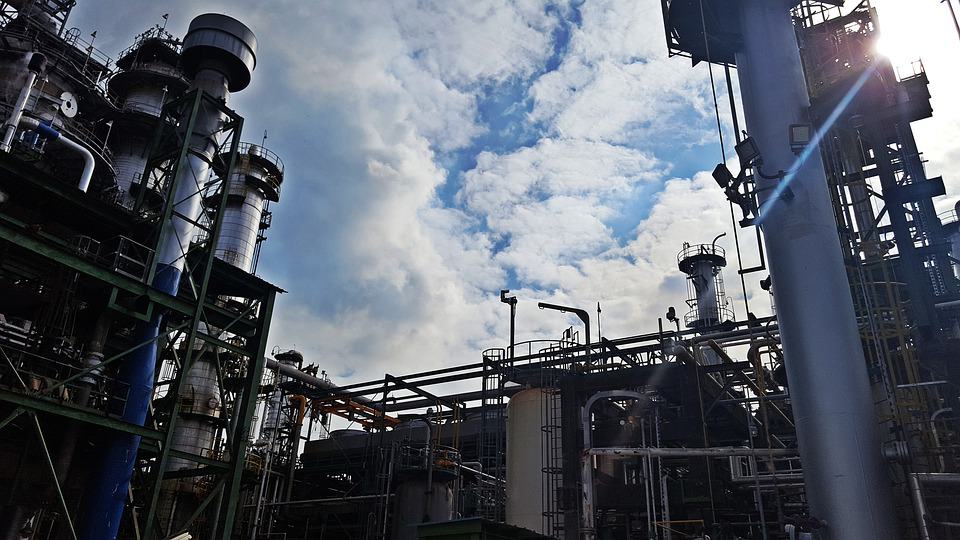Iran plans to cut oil output and prioritize defense spending in its 2022-2023 draft budget because of sanctions and US-Israeli threats linked to its nuclear program.
Iranian news agencies reported that the draft, presented Sunday, projects GDP growth of eight percent.
President Ebrahim Raisi submitted the draft to parliament for a vote expected by the end of 2021
In Iran, the New Year starts on March 21.
Iran plans to produce 1.2 million barrels per day at a projected price of $60 a barrel. That is down from 2.3 million bpd at a price of $40 a barrel, leaving revenues of $26.3 billion against $33.5 billion in the last budget.
Industry experts say the estimate is too high, given that Iran currently sells around 600,000 barrels a day.
Oil sales account for a quarter of revenues in the budget, with another 25 percent from a sharp increase in taxes.
The 2022-2023 budget allocates about $5 billion to boost “defense capacities and strategic research”, Tasnim news agency said, up from $4 billion the previous year.
Washington, which has imposed stringent sanctions on Tehran, warned in October of “other options” if diplomacy fails on Iran’s nuclear program, while Israel has reserved the right to use force.
A 2015 nuclear deal between Iran and world powers has been disintegrating since then US President Donald Trump pulled out three years later.
The accord ensured sanctions relief for Iran in return for tight curbs on its nuclear program.
Trump also re-introduced sanctions, including on its oil exports, prompting Tehran to start disregarding the deal’s limits on its nuclear activities in 2019.
Trump’s successor Joe Biden has said he wants the US to return to the agreement, but international negotiations in Vienna on reviving the accord have so far failed to make significant progress.

